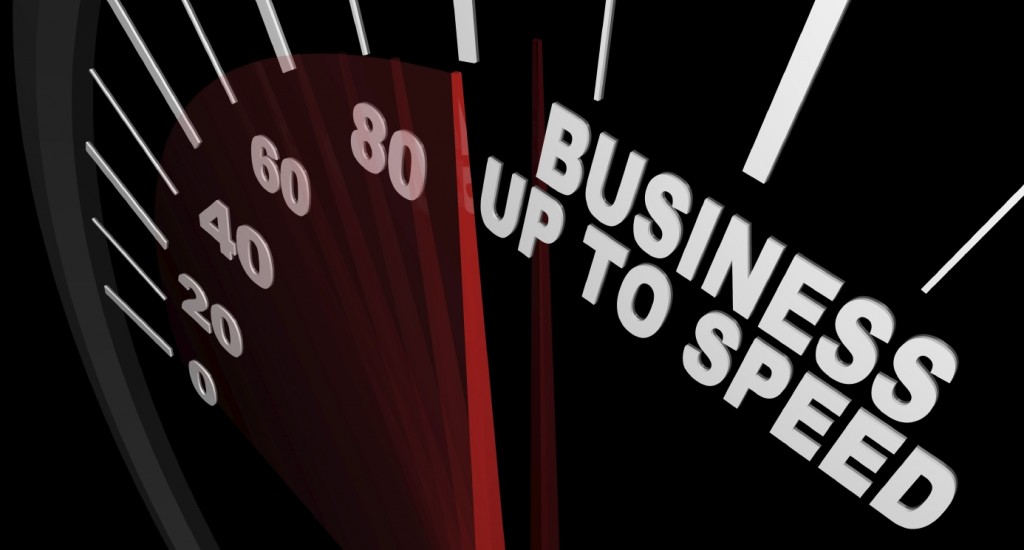Don’t stop investing in your ERP solution
06 Jul 2015 | by Brett Mundell
Let’s remember that ERP system implementation and maintenance is not about software. It is about business improvement. ERP software is an enabler to improving your business bottom line, interaction with your customers, cash flow and supplier management.
After go live some companies make the mistake of discontinuing their investment in their ERP solution. This is a big mistake.
Let me explain my thinking with 8 points:
- ERP systems evolve – good ERP vendors add new functionality and technology to their solutions on a regular basis. Think cloud, mobility, web based access – multiple technological changes that are available in a modern ERP solution. Keep your ERP annual maintenance up to date so that you can take advantage of the latest technical and functional release of ERP from your chosen provider.
- Your business will change over time – as your business, customers and suppliers change their interaction with your business so too will your ERP requirements change. As an example you might decide to move part of your business onto an e-commerce, web based platform for your customers to purchase online. This e-commerce integration will have implications for your ERP solution. Make sure that your system is up to date with the latest ERP technology and that your ERP provider is ready to help you as your business requirements change.
- Reporting – reporting requirements evolve as your business grows, enters new markets and new geographies. Invest in additional reporting and analytical reporting tools to make sure that you get real time access to your ERP data. Given the fact that you have implemented an ERP solution if you do not use modern reporting tools you will be missing out on an opportunity to improve your decision making timelines and data access.
- New markets – as your business grows and enters new markets your business needs will change – this might necessitate a change in configuration of parts of your ERP solution. Additional modules might be beneficial.
- Make sure your ERP solution is supportable. If you don’t upgrade your ERP solution to a recent version your ERP will become unsupportable – this could put your business as risk. Don’t risk it – taking advantage of the latest version of ERP from your existing provider not only ensures that your ERP solution is supportable – it also gives you access to the latest technology and features. Having invested in a good ERP solution set aside some additional funds each year for an upgrade and training on the latest version.
- New users will require training. When implementing new ERP solutions customers often ask the question “how much training will we get”. This is because companies realise the importance of user training. What is often overlooked is the fact that when new employees start with the business (after the implementation of an ERP solution) those new employees will also require training. All users should also be trained on new functions and features to ensure that you maximize your investment in ERP and your people. The bottom line when it comes to ERP training – set aside some budget every year for on-going user training – this will require a small investment but will yield great results. This is particularly relevant in markets like Australia which have a high cost of employment. Maximize your investment in people by providing regular system and user training.
- Give new users access to your ERP solution. As your business grows you will almost undoubtedly add additional employees. Give these employees access to the ERP system, mobility, reporting and other tools to increase productivity. You have made an investment in the core ERP solution, now spread that investment by giving all employees access to the system.
- Invest in business consulting. A good ERP provider is so much more than a software company. Business improvement specialists is what a good ERP provider should be. Once you have completed the implementation of your ERP solution your business consultants should be invited back into your business to help with constant improvement. The team at Leverage Technologies recently added some additional technology to our invoicing process that has reduced accounts receivable invoicing times from several hours a week to 20 minutes. Now that’s technology at work.
I have listed only 8 reasons for continuous investment in your ERP solution. I am sure I could draft a much longer list. The bottom line is this – even if your ERP solution has a low cost of ownership you should still be investing in change and constant improvement and very often change can be driven by your ERP solution. Of course I have based this blog on the premise that you already have in place a modern, well supported ERP solution that you want to continue investing in.

Brett has more than 20 years of business software sales and company management experience. Brett has been involved in more than 300 ERP projects. His passion is customer satisfaction, making sure every client is more than just satisfied. Brett wants our customers to be driven to refer their friends and peers because we offer the best services and technology available and because we exceeded their expectations.





Leave a comment